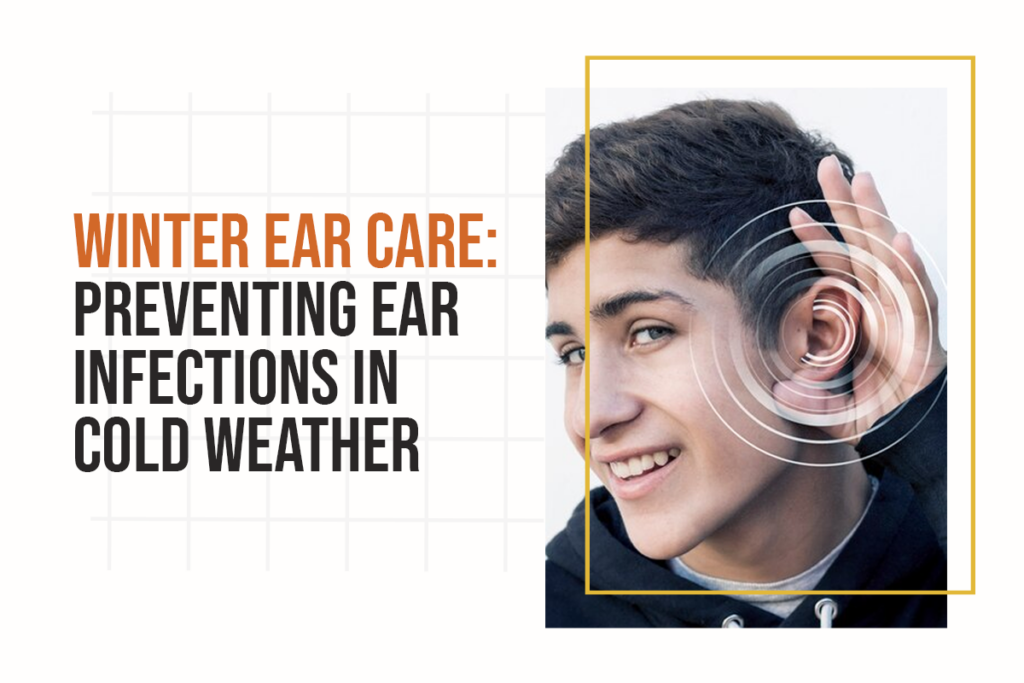Winter brings its own set of challenges for health, and your ears are no exception. Cold weather, combined with increased exposure to indoor heating and seasonal illnesses, can make your ears more susceptible to infections. Understanding how to care for your ears during the winter months is essential for preventing discomfort and maintaining overall ear health. This blog explores the causes of winter-related ear problems and provides practical tips to help you keep your ears infection-free during the chilly season.
Why Are Ear Infections More Common in Winter?
Winter creates the perfect storm for ear infections due to several factors:
- Increased Respiratory Infections: During winter, colds and flu are more prevalent. The ear, nose, and throat are interconnected, so infections in the respiratory system can easily spread to the ears, causing otitis media (middle ear infections).
- Dry Air and Indoor Heating: The dry air caused by heaters and cold outdoor temperatures can dry out the mucous membranes in your nose and throat. This can lead to inflammation and blockages, increasing the risk of fluid buildup in the middle ear.
- Weakened Immune System: Seasonal changes and lack of sunlight can weaken your immune system, making it harder to fight off infections.
- Temperature Extremes: Rapid changes in temperature, such as moving from a heated room to the cold outdoors, can cause ear barotrauma or pressure-related ear discomfort, which might predispose you to infections.
Dr. Sudarshen Aahire is a young, talented, and vibrant ENT and Pediatric doctor in Nashik with 12 years of experience. Apart from routine ENT care and surgeries he specializes in the management of Snoring and obstructive sleep apnea surgeries, Endoscopic skull base surgeries, voice-related disorders, and voice surgeries, airway and swallowing disorders.

